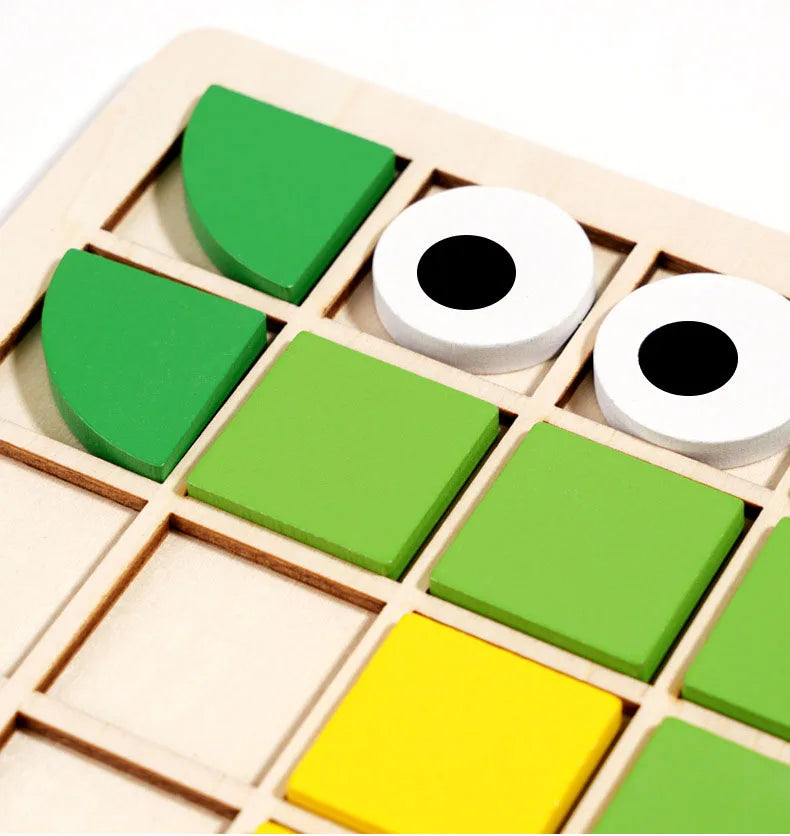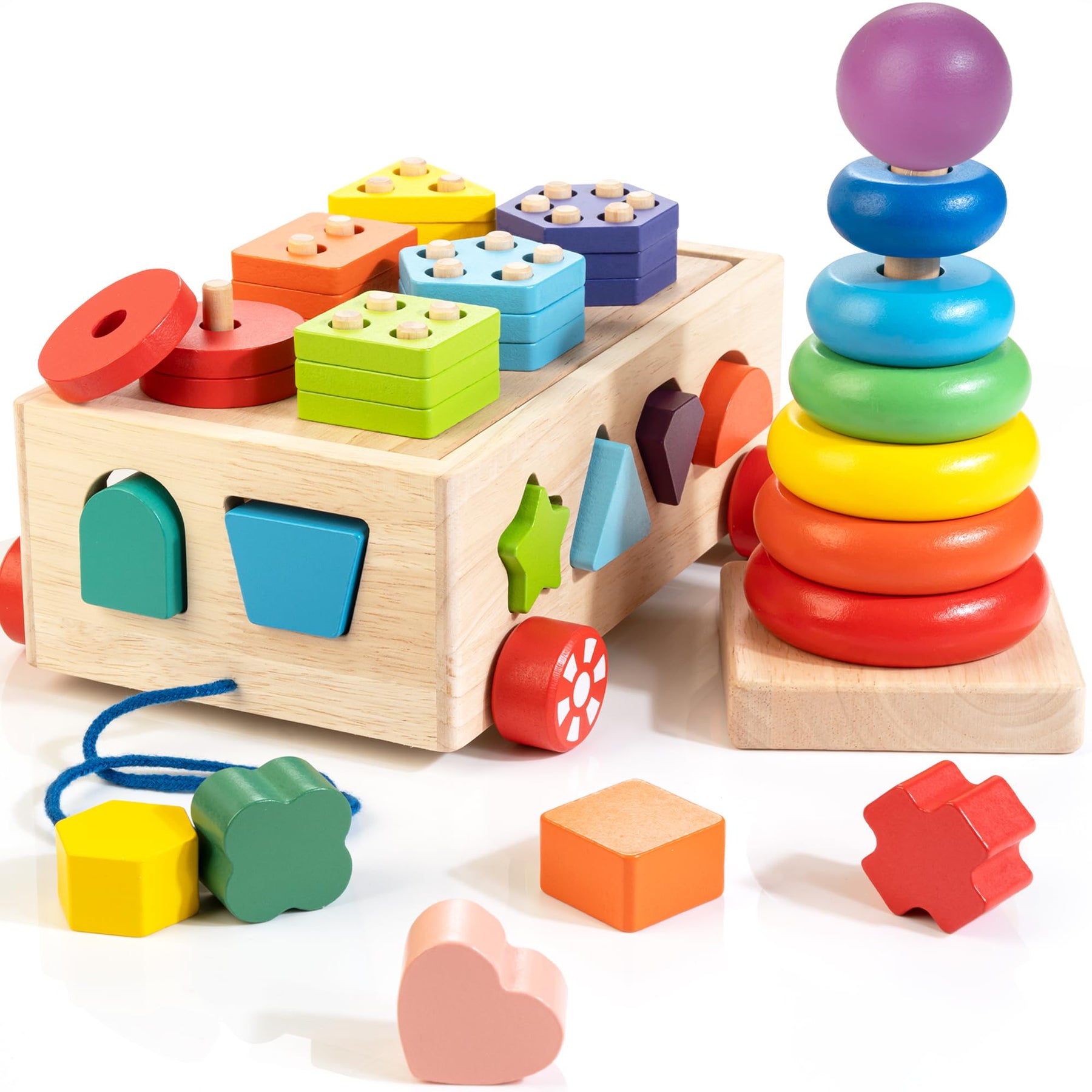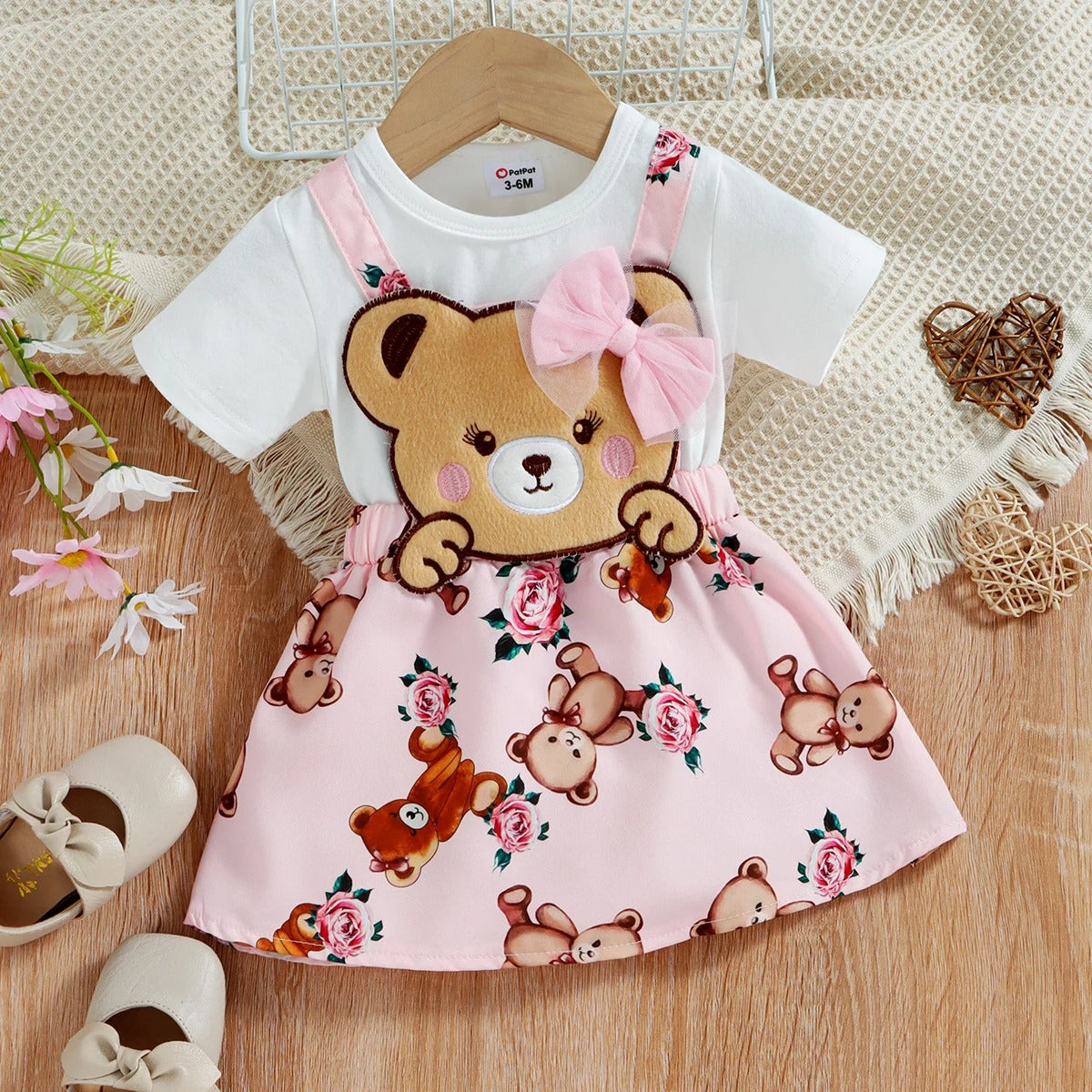In today's fast-paced world, where family schedules are increasingly busy with commitments and responsibilities, it can be easy to forget the transformative power of play in children's lives. The simple act of playing not only brings joy and fun, but also triggers a series of essential benefits for child development.
1. Stimulating Creativity and Imagination
Play is children's natural way of exploring and experiencing the world around them. By playing freely, without restrictions or rigid rules, children are encouraged to use their imagination and creativity to create imaginary worlds, elaborate stories, and unique characters. This process of creation stimulates creative thinking, which is essential for developing problem-solving skills and innovative thinking in the future.
Big Size Building Blocks for Creative Play
2. Social and Emotional Development
Play also plays a fundamental role in the development of children's social and emotional skills. By playing with other children, they learn to share, cooperate, negotiate, and resolve conflicts constructively. Additionally, play allows children to experience a variety of emotions and practice emotional regulation skills, such as dealing with frustration, expressing empathy, and building self-confidence.
3. Learning Motor Skills
When children play actively, they are constantly engaged in activities that help develop their gross and fine motor skills. Outdoor play, running, jumping, climbing, and playing ball, for example, strengthen muscles, improve balance and coordination, and promote a healthy lifestyle from an early age. Furthermore, activities such as drawing, cutting, stacking blocks, and assembling puzzles develop fine motor skills essential for daily tasks, such as writing and tying shoelaces.
4. Cognitive and Linguistic Stimulation
Play is also a powerful way to stimulate children's cognitive and linguistic development. Pretend play, such as playing house or superheroes, encourages imaginative language and storytelling, while board games and puzzles help develop critical thinking, problem-solving skills, and logical reasoning. Additionally, activities such as storytelling, singing songs, and reading books during playtime promote language development, vocabulary, and verbal comprehension.
In summary, play is a fundamental part of childhood that offers numerous benefits for children's physical, emotional, social, cognitive, and linguistic development. Therefore, it is essential for parents and caregivers to encourage and value their children's playtime, providing them with meaningful and enriching opportunities to explore, create, and learn.








